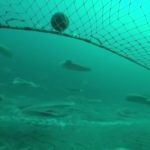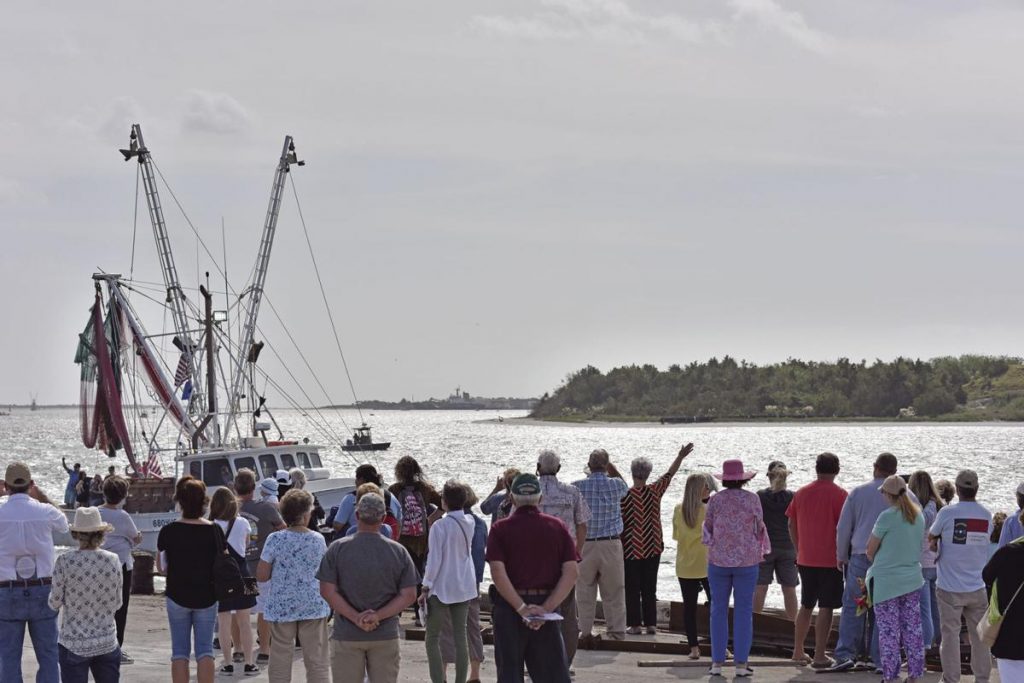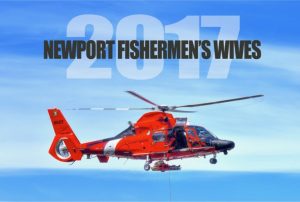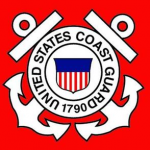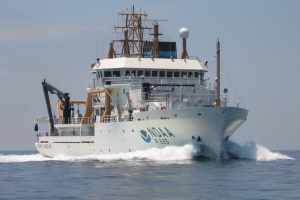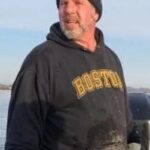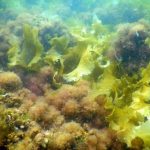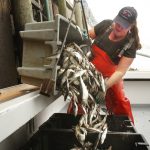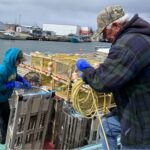Ottawa’s failure to include adjacency principle in Fisheries Act amendments ‘grave injustice’
 FOR IMMEDIATE RELEASE Feb. 6, 2018
FOR IMMEDIATE RELEASE Feb. 6, 2018
The Federation of Independent Sea Harvesters of Newfoundland and Labrador (FISH-NL) says Ottawa’s failure to include the principles of adjacency and historical attachment in the reformed Fisheries Act — to ensure inshore harvesters have priority access to fish off their shores — is a grave injustice.
“It’s one thing for the Trudeau government to move to protect the independent commercial fishery, but that’s useless unless harvesters have fish to catch,” says Ryan Cleary, President of FISH-NL.
“Harvesters living adjacent to the resource and with an historical attachment must be given priority access to the resource, and the changes to the Fisheries Act do not reflect that.”
The proposed amendments to the federal Fisheries Act move to protect fish habitat, and require the Minister of Fisheries and Oceans to consider the possible impacts of Indigenous rights with all decisions.
The amendments would also enshrine “the social, economic and cultural factors” of fishing and promote independent licence holders, DFO Minister Dominic LeBlanc said Monday during a Vancouver news conference.
FISH-NL wrote the Prime Minister in October requesting that all current quota allocations and management practices be reviewed to ensure that Newfoundland and Labrador inshore harvesters benefit from the adjacency principle adopted by the Liberal Party of Canada in 2016.
Similar to the principles of the Atlantic Accord with the offshore oil and gas industry, FISH-NL has taken the stand that Newfoundland and Labrador must be the “principle beneficiary” of all fish resources adjacency to the province’s shores.
The federal government announced last year it plans to take 25 per cent of the current Arctic Surf Clam on the south coast and give it to an Indigenous group. A similar move is happening on Newfoundland’s west coast with future redfish quotas.
“The minister of Fisheries and Oceans still retains the right to dictate who has first access to Newfoundland and Labrador’s primary resource,” said Cleary. “That’s wrong for the province, wrong for adjacent inshore harvesters and rural communities, and wrong for our future.”
Contact: Ryan Cleary 682 4862

































